A new nanoengineered bioink allows scientists to print 3D, anatomically accurate, multicellular blood vessels.
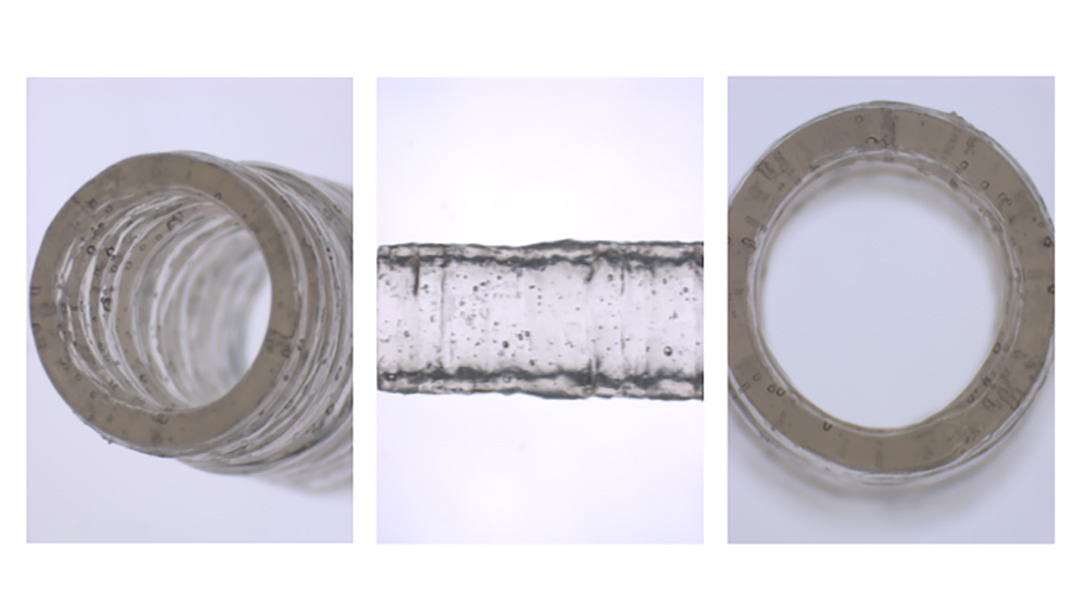

A new nanoengineered bioink allows scientists to print 3D, anatomically accurate, multicellular blood vessels.

Computer-aided drug discovery looks to neural networks that can better predict chemical properties to streamline the search for new therapeutics.
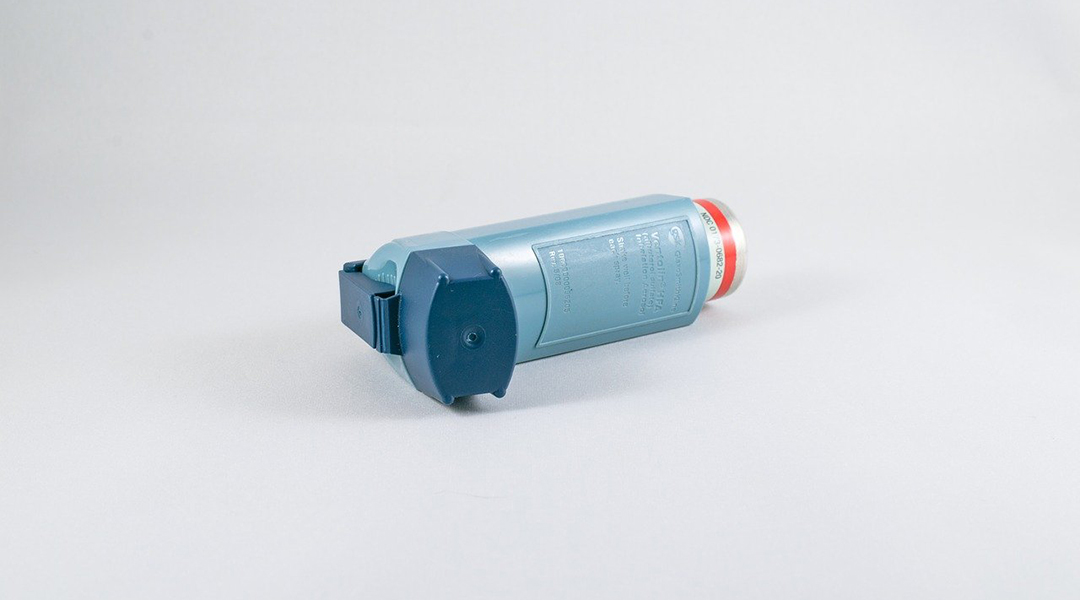
A new technology designed to target allergic asthma could provide more efficient means of delivery and treatment straight to the source of inflammation.
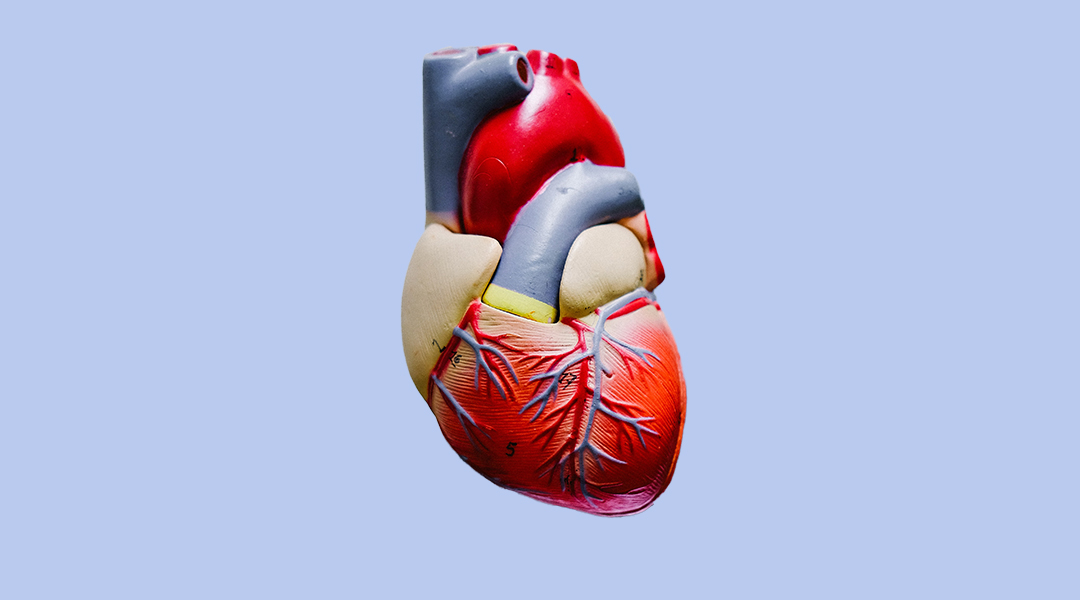
Researchers have created an improved material for arterial stents, which could alleviate the symptoms of coronary artery disease and reduce the risk of heart attack in patients.
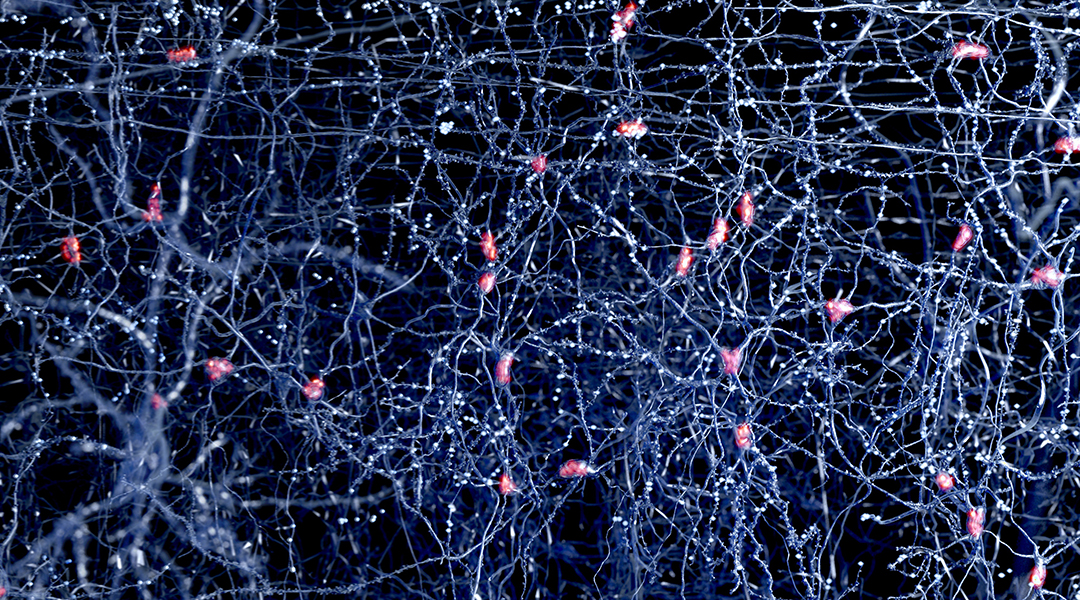
A new type of hydrogel could radically transform a novel stem cell treatment for Parkinson’s disease.

Data reported through a smartphone app provides the first detailed description of COVID-19 in symptomatic school-aged children.

The strong adhesive nature of this artificial tissue combined with its ability to sustain the growth of new cells helps solve long-standing challenges with these types of grafts.
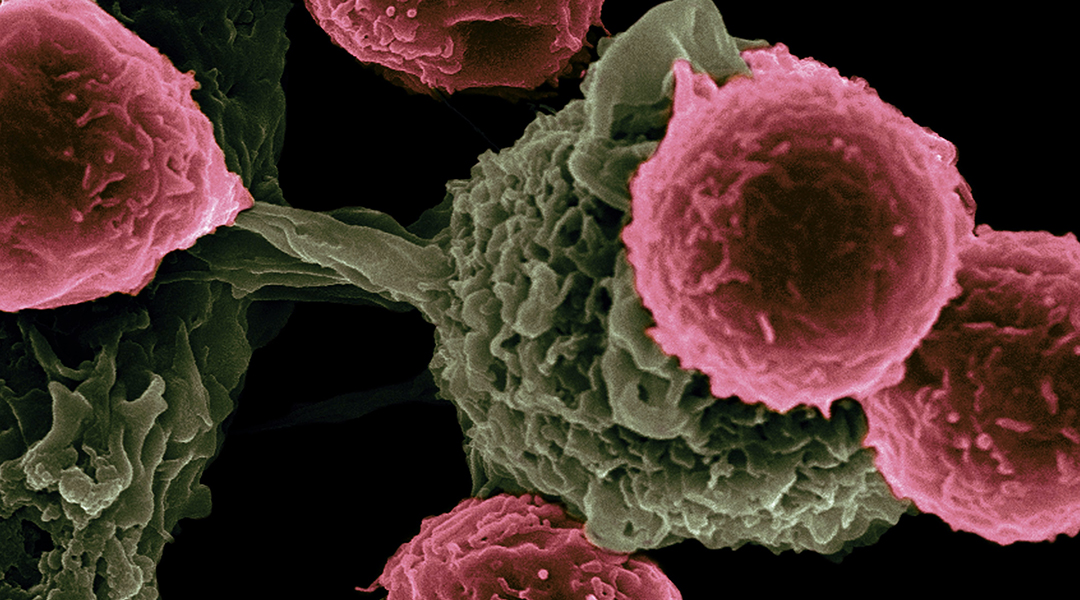
Nanovesicles that directly attack tumors and promote sustained tumor killing by resident T cells could enhance the effectiveness of tumor immunotherapy.

Fitting hydrogels with aptamer-based ligands can open doors for a range of new biomedical applications.

“Brain-on-a-chip” shows minute-by-minute how the blood–brain barrier reacts to high levels of inflammation.